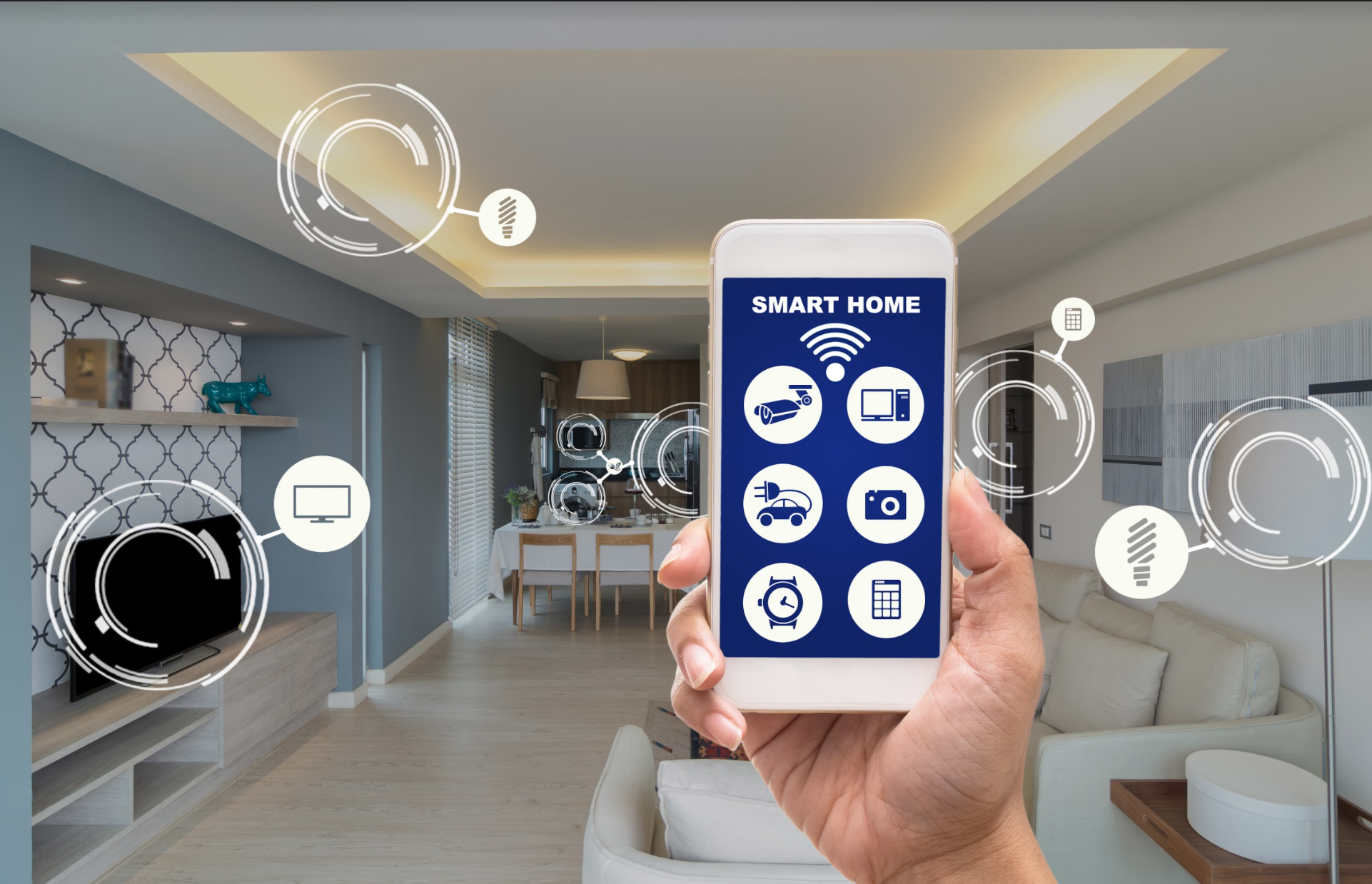Tech Tips
VPNs VS PROXIES: What’s The Difference?
VPNs VS PROXIES: What’s The Difference?
DEFINITION OF VPNs AND PROXIES
Proxy servers act as relays between the website you’re visiting and your device. Your traffic goes through a middle-man, a remote machine used to connect you to the host server. The web proxy server hides your original IP address so that the website sees the IP of the proxy (in some cases, the computers of other proxy users are used for this). However, proxies only work on the application level, meaning it only reroutes the traffic coming from a single app you set your proxy up with. They also don’t encrypt your traffic.
There are three main types of proxy servers:
- HTTP Proxies
- SOCKS Proxies
- Transparent proxies
Like a proxy, a VPN also reroutes your internet traffic through a remote server and hides your IP address so websites can’t see your original IP or location (you can also check out our article on how to change your IP location for more details). However, it works on the operating system level, meaning that it redirects all your traffic, whether it’s coming from your browser or a background app.
Proxy and VPN Difference
A VPN client also encrypts your traffic between the internet and your device. That means the Internet Service Provider (ISP) monitoring your internet activity and collecting data about you can no longer see what you’re doing online – just that you’re connected to a VPN server. The encryption also protects you from government surveillance, website tracking, and any snoopers or hackers who might try to intercept your device. A VPN provides you with ultimate online privacy and security.
Not all VPN and proxy service providers are equally good, so do your research before choosing one. Instead of providing you with enhanced security and privacy, shady providers can log users’ sensitive data, including IP addresses, DNS requests, and other details. You should avoid such providers because they can give this information to law enforcement agencies, advertisers, or hackers if their servers get breached.
See Also: 10 Best VPN Services Of 2022
Major Differences Between VPNs and Proxies
A VPN secures all your network traffic, while a proxy works on an application level. They both hide your IP address, but only a VPN redirects your internet data through an encrypted tunnel. A VPN client on your computer establishes a secure tunnel with the VPN server, replacing your local ISP routing. VPN connections encrypt and secure all of your network traffic, not just the HTTP or SOCKS calls from your browser like a proxy server.
A proxy acts as a gateway – it’s ideal for basic functions like anonymous web browsing and managing (or circumventing) content restrictions. Proxy servers excel at IP masking and misdirection, making them good for viewing geographically limited content. They allow users to bypass content restrictions and monitor or enforce website content restrictions – so that you can’t log into certain web pages on company time. A proxy is suitable for browsing the internet, but it’s not as safe and secure as a VPN.
Proxy and VPN Disadvantages
If you’re using proxy servers to mask your internet activity, you might see performance issues that prevent you from streaming or downloading the thing you are trying to get. High ping times and other traffic on the proxy server can cause web pages to load slowly. For this reason, some users pay for a private proxy server which limits the number of users that access it, speeding up your connections.
Proxies are also vulnerable to security exploits: they can be open to attack, allowing the bad guys to infiltrate networks or steal private data. Some proxies can still track (and store) your browsing habits, as well as record usernames and passwords – rendering that promise of anonymity null.
VPNs can also suffer from performance issues, depending on proximity to the VPN server you’re connecting with. VPNs use a local client to create the connection to the VPN server, so any local CPU or memory issues will slow down the connections. VPNs are typically more expensive to use (and maintain) than a proxy server, and they are often more complex to manage.
Just like proxy servers, VPNs can’t guarantee anonymity while browsing. Neither of these services will always encrypt your traffic all the way to the webserver. A VPN only guarantees an end-to-end encrypted connection if you use the HTTPS protocol when you go to a new web address. Your data will be encrypted to the VPN, but from that point on, it could be unencrypted to the webserver.
For some sites, this may be irrelevant: an information-only webpage with no login or payment options for example, but for any sites that require a login or online payments – or any sensitive data – make sure the website is enabled to use HTTPS. Remember, the S stands for moderately more secure.
Proxy and VPN Difference
Proxy and VPN Benefits
The biggest argument to use a VPN instead of a proxy is the total encryption for all traffic you get with the VPN. Dollar for dollar, a VPN is more secure than a similarly priced proxy. VPN providers maintain their own networks and you use their IP addresses for your connections. The top VPN providers advertise a logless policy, which means they don’t have data to provide to anyone about your browsing habits.
If you’re an IT business owner charged with the security of data and users, there are advantages to both, and you likely have both configured for your company. For users in the network, you might route traffic through a proxy server to log web traffic, protect the organization from malware or other attacks, and enforce a web content policy.
When users are operating out of the office, you will want to use a VPN to create a secure connection to access the company resources (email, internal shares, etc.).
SOURCES
Emily Green. (2021, November, 20). Proxy vs VPN: what are the main differences? https://nordvpn.com/blog/vpn-vs-proxy/#:~:text=A%20VPN%20secures%20all%20your,and%20secure%20as%20a%20VPN.
Jeff Peters. (2018, May 25). What’s The Difference Between a Proxy and a VPN? https://www.varonis.com/blog/proxy-vs-vpn













Pingback: Is My Phone Hacked: Check Here To Know - TECHIEDS